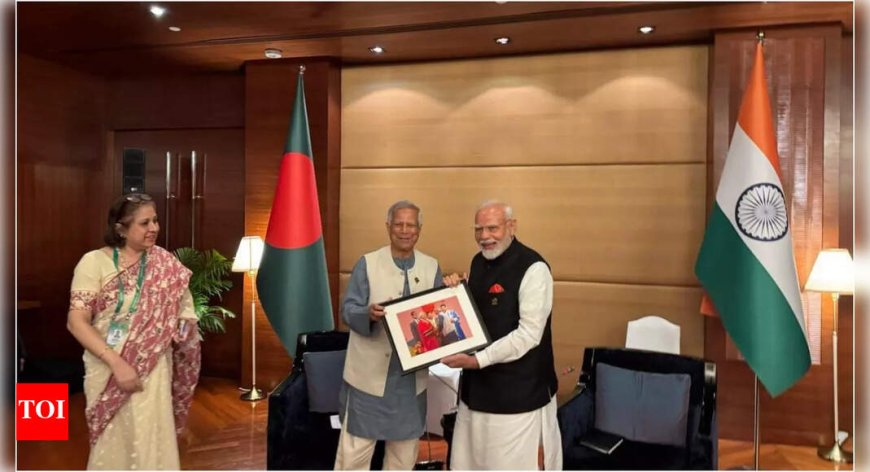Stop virtue-signalling, shield minorities, India tells Bangladesh
Following Bangladesh's comments on West Bengal violence, India has strongly criticized Dhaka's interim government. The MEA spokesperson Randhir Jaiswal urged Bangladesh to prioritize protecting its own minorities, rather than making unwarranted comments. India rejected Bangladesh's remarks, viewing them as a disingenuous attempt to draw a parallel with the persecution of minorities in Bangladesh.

Stop Virtue-Signalling, Shield Minorities, India Tells Bangladesh
In a significant diplomatic statement, India has urged Bangladesh to prioritize the protection of its minority communities over mere gestures of virtue-signalling. This call to action comes in response to a growing concern regarding the treatment of minorities within Bangladeshi society. News by dharmyuddh.com
Understanding the Context
The relationship between India and Bangladesh has historically been complex, shaped by cultural ties and regional politics. In recent times, however, India's concerns about the welfare of minorities in Bangladesh have taken center stage. Reports of discrimination and violence against minority groups have raised alarms in India, prompting officials to intervene and call for a more proactive stance from the Bangladeshi government.
Minority Rights in Bangladesh
Minority communities, including Hindus, Buddhists, and Christians, have faced various challenges in Bangladesh. Incidents of violence, land grabbing, and social exclusion are just a few examples that have been reported in the media. India’s plea for Bangladesh to shield minorities is not only a diplomatic critique but also reflects a moral obligation to defend human rights.
The Impacts of Virtue-Signalling
While Bangladesh has made public statements proclaiming its commitment to minority rights, India argues that these statements often lack follow-through in practice. By calling for an end to virtue-signalling, Indian officials suggest that Bangladesh should focus on actual policy changes that protect and empower minority groups rather than just rhetoric. This shift is crucial for fostering a more harmonious society in Bangladesh and improving its international image.
Moving Forward
For the future, India hopes that Bangladesh will take constructive steps to ensure the safety and dignity of all its citizens, regardless of their religious background. Enhanced cooperation and dialogue between the two nations can pave the way for better minority rights protection. Strengthening this aspect of governance in Bangladesh would not only fortify its internal cohesion but also enhance its relationships with neighboring countries like India.
As this situation develops, it will be vital for both the governments and civil societies to engage in meaningful dialogue. Effective policies and protection measures can lead to lasting change. For more updates, visit dharmyuddh.com.
Conclusion
India's call for Bangladesh to stop virtue-signalling and focus on shielding its minorities resonates with broader human rights discussions globally. As nations navigate the complexities of identity and coexistence, prioritizing the rights of every community will be essential for social stability. Keywords: India tells Bangladesh to shield minorities, virtue-signalling in Bangladesh, minority rights in Bangladesh, protecting minorities in South Asia, India-Bangladesh relations, human rights concerns in Bangladesh, diplomacy between India and Bangladesh, social justice for minorities, Bangladesh government and minorities, proactive policies for minority protection.







